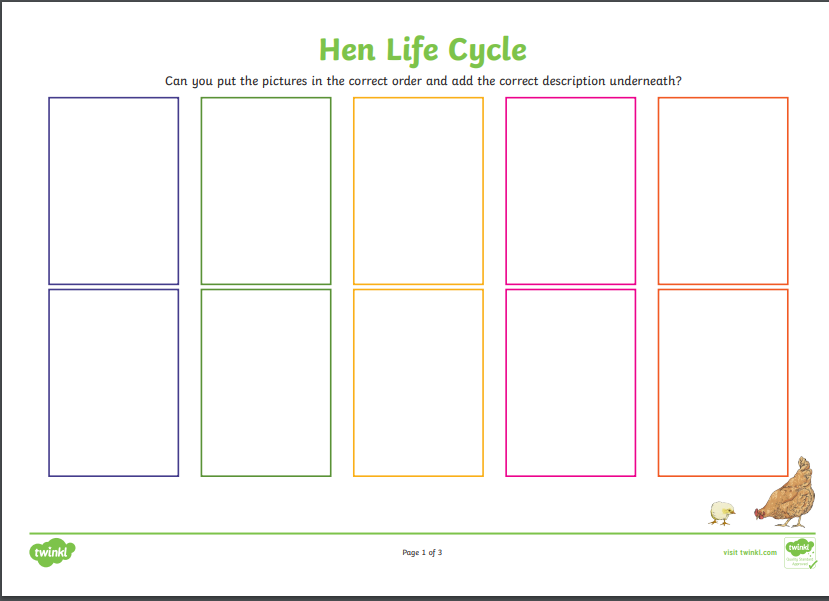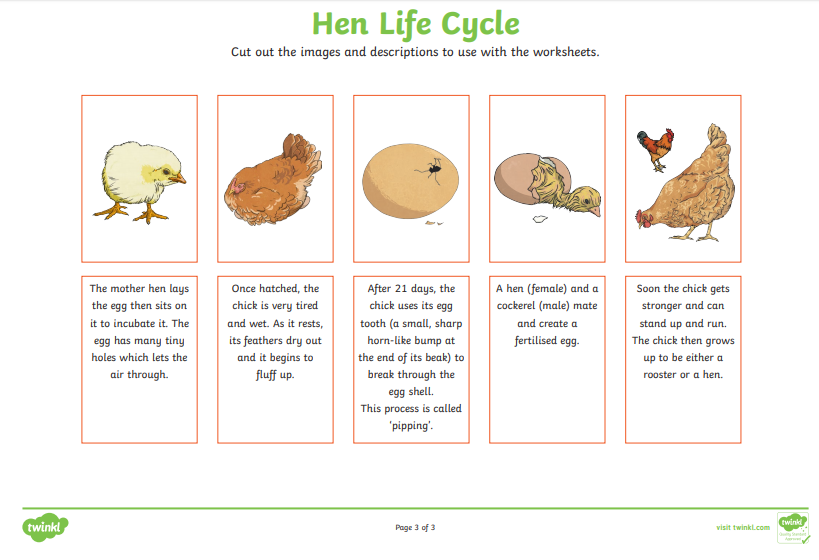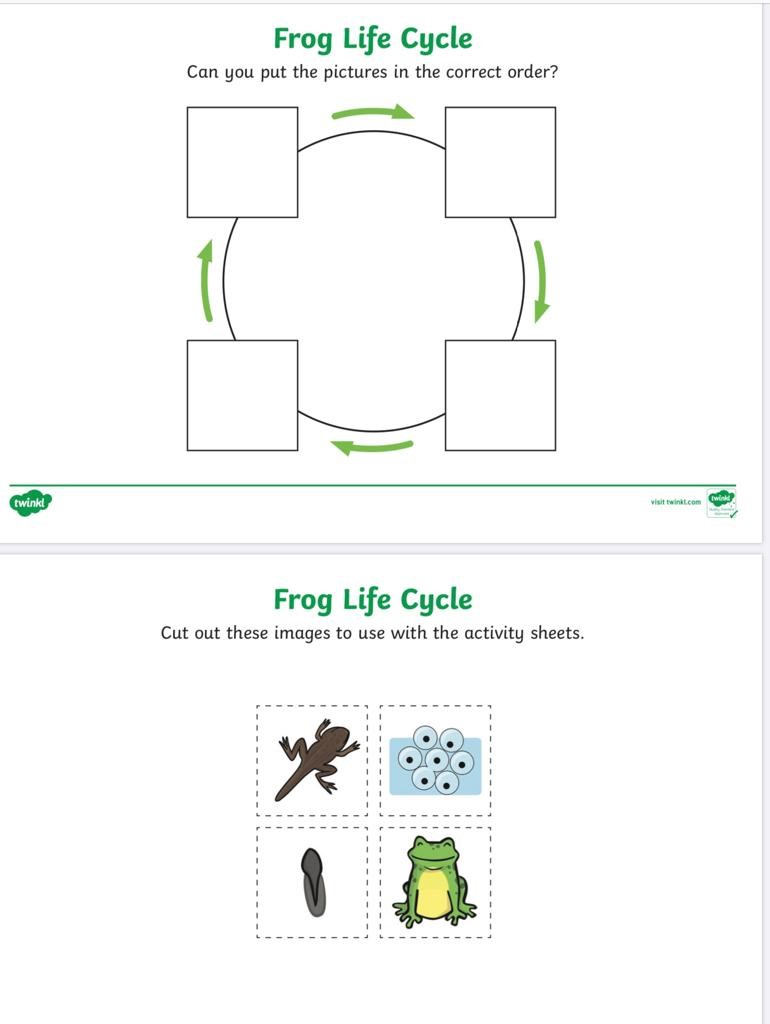Dear Parents/Guardians,
And a big HELLO to all the boys and girls from the senior infant teachers!!!
We are looking forward to seeing you all and hearing all your news! Keep on playing, being good and doing your work.
With further school closures confirmed for after the Easter break, we have compiled a list of suggested work for the children to do at home.
This work pack is for the fortnight spanning from April 20th to May 1st
Some subjects are divided into weekly sections however these activities and tasks can be completed whenever suits both you and your child.
Here are some ideas for Learning from Home for the next two weeks. Choose some activities to do each day! Senior Infants learn best by constant repetition and revision. It may seem repetitive to you, but this is how they consolidate and retain their learning.
During this time, it is important to stress that one of the best methods of learning for your child is through play. The benefits of play are huge for a child’s development at Senior Infant level. Please see below a list of the different types of play your child may engage in.
Types of Play:
- Creative play: Painting, playdough, junk art.
- Games with rules: bingo, board games, word and number games and puzzles, hide and seek, snakes and ladders, hopscotch
- Language play: All types of books, books with no words where a child can make up a story, puppets, materials to make books about themselves and family, story bags-pillow case with a book and supporting material
- Physical play: sand, water, twigs, pasta, Lego, Hoops, balls, jigsaw, magnets, old broken toys, paints and brushes, textured materials, straws, lollipop sticks, crayons, paper Musical instruments, cooking and baking.
- Pretend Play: Playing shop, post office, dentist, vet, restaurant, mechanic, dolls, dress up, cars, make a den (inside or out)
If you have any pictures of activities you would like to share on the school twitter page or school website please feel free to email them to: room1@stconlethinfantschool.ie
Thank you for your continued co-operation and we hope this is helpful to you all.
Kind Regards,
Senior Infants Team
Literacy
- Please find below some updated tricky word box tables which can be used as colouring/ oral language activities. With these tables each child can sound out/ read each word and put it into a sentence. If they can do this, they colour in the box. In addition to this when colouring in the boxes your child can try and make a pattern.
- Your child can also practice writing these tricky words.
- In the handwriting book children can practise some of the Uppercase/Capital letters. We would recommend doing one letter in the book every 2-3 days While also practising them on scrap paper or whiteboards.
- Read books with your child. Get them to tell you about the beginning, middle and end. Get them to guess what’s coming next or how they think the story will end.
- If your child would like additional readers, you can find a great variety of levelled readers along with books about animals, birds, biographies, fantasy, health, environment, craft etc, at the world book website. You can follow this path: Scoilnet website, click on world book kids, click on ebooks, choose book to read. Your child also has the option to hear the book read aloud. Oxford Reading also have a huge free e-library of levelled books. Your child can do a simple online test to assess their level. oxfordowl.co.uk/for-home/find-a-book/library-page/.
- Draw pictures. Cut out pictures from magazines/newspapers in order to make collages.
- In the word family booklet children can revise a word family every 2-3 days Write in words from each word family and draw accompanying pictures. Practice making sentences with these words and telling stories with as many of these words as possible.
- We hope that the blank copy is going well, and they are writing a sentence or two each day saying what they did and who they were with as a running journal. Continue to practise writing sentences using capital letters, full stops and finger spaces.
- Also, in the blank copy please find attached below another list of simple sentences that you can dictate to the children (call out the phrases and ask the children to write them down) Please find updated phrases below
- It is also beneficial to let children free write also without correction at times. Maybe when making up a story or making up a sentence they can try to write it into the copy. If the spelling is incorrect don’t worry about it as this task is focusing on their expression and imagination.
Listening Skills
- Please find below some pictures with accompanying instructions that can be used for very effective listening exercises.
- Your child uses both pencils and crayons to complete the instructions which will help improve their listening skills
- We have included two of these activities, one for each week.
- Some other simple listening exercises that can improve your childs understanding the difference between certain preposition words (on, in, below, behind, in front of, beside, beneath) these words can be learned by doing physical activities eg, “stand on top of the box” or “put the teddy behind the tree” etc. Or they can be done with a blank piece of paper where your child listens to your instructions and complete it on the page eg. “Draw a star beside the circle”, “Draw three teddies to the left of the square” Etc.
Oral Language
- Revise Nursery Rhymes Both new and old
- Go on a spring walk (if possible) and look for signs of spring in nature
- Talk about animals, their young and where they live.
- Discuss the life cycles of various animals and insects (chicken, frog, butterfly etc.) please find worksheet and youtube video attached based on the life cycle of: Week 1:Frog- https://www.youtube.com/watch?v=_YCpfzl0B4M
Week 2: Chicken- https://www.youtube.com/watch?v=wYKJkHcaMzE
- Discuss spring flora and fauna and how to take care of plants.
- Please find below some story starter activities that use dice.
- https://www.youtube.com/channel/UCe1VpF4wS_kdcjyTRSXBcnQ (The Singing Walrus Music Channel)
- The singing walrus music channel is a great resource to use for repetitive work on the basics of oral language eg- days of the week, months of the year, seasons, weather etc.
Numeracy
- Children can sequence the day and the week either orally or by drawing or matching pictures.
- When developing your child’s numeracy skills, it is very important to focus on the basics. We ask that you keep working on all of the activities that we sent out in the initial pack. Along with these activities please find these extra guidelines beneficial to both you and your child.
- If possible complete a new page in the Busy at Maths Home link book every 2-3 days.
- Explore, discuss, develop and use the vocabulary of spatial awareness – above, below, right, left, etc.
- Use the language of ordinal number: first, second, third, last
- You and your child can make up a story to go with a number sentence _ 3+2+5=10. Try and use examples from the environment around your child e.g. I had 3 books, my dad gave me 2, and I found 5 more. I had 10 altogether.
- The topic for the coming weeks both before and after the Easter break is weight and one of the best ways to consolidate this topic is by using scales during certain activities such as cooking and baking.
- The following website is very useful for both literacy and numeracy as it contains many games and activities you can play with your child.
Gaeilge
- Cé tusa? Is mise… (Introduction: Who are you? I am…)
- Cén saghas lae é / Conas atá an aimsir? Tá an lá… (Weather: What type of day is it? Today is ….)
- Encourage the children to use our informal gaeilge (dún an doras – close the door, las na soilse – turn on the light etc.)
Art
- There are a lot of fantastic, easy and creative ideas on Pinterest and the following link has some easy activities that apply to all curricular areas
http://www.primaryresources.co.uk/seasonal/seasonal1.htm
SESE
- Please find below 6 worksheets that can be completed and coloured in by your child.
- Make sure to talk through each task and talk about all the pictures both before and after the activity is complete.
- Please attempt 2-3 worksheets if week
- These activities are based around caring for each other and helping out both at home and in their community.
Active Learning
These links below provide you with some fun activities to help keep your children active and engaged during the day
- https://rtejr.rte.ie/10at10/#
- https://www.gonoodle.com/(Free sign up)
- https://www.youtube.com/watch?v=d3LPrhI0v-w&list=PLyCLoPd4VxBuxu3sLztrvWFehzv-LnR2c(Joe Wicks Body Coach)
If you so wish, you can watch clips of the following on YouTube
- Alphablocks
- Numberblocks
- Numbertime (1 2 3 4 5, shapes)
- Super Simple Songs
- Tricky Word Dance Song
- https://www.youtube.com/watch?v=U2HYM9VXz9k(Jolly Phonic Jingles)
- https://www.youtube.com/channel/UCe1VpF4wS_kdcjyTRSXBcnQ (The Singing Walrus Music Channel)
Also, as you may be aware Jonathan Seaton, the CEO of Twinkl has in light of recent developments in relation to Covid-19, offered his support to parents’ pupils and children. Twinkl are offering all parents and teachers a One Month FREE Ultimate Membership to Twinkl.ie. This will allow parents and teachers unlimited access to every single resource for every single curriculum subject from junior infants to sixth class.
Setting this up is really easy to do – go to www.twinkl.ie/offer and enter the code IRLTWINKLHELPS. We’d like your support to get this message out.
Phrases for Dictation (Blank Copy)
Only attempt 2-3 of these phrases at a time.
Week 1 |
1. cap on lap 2. men in pen 3. map on tap 4. hen in cap 5. mill on hill 6. fill the pen 7. hen in pen 8. men in mill 9. map on mill |
Week 2 |
1. sand in hand 2. mill oh hill 3. band on land 4. frog on log 5. dog can jog 6. dog in sand 7. dog on log 8. ball on wall 9. frog on wall |
Other phrases for dictation can be made up based on what word family you are completing in your word family booklet
song | long | for | sheep | sleep | Jet |
pie | much | ring | wet | swim | die |
torch | boat | wax | teeth | chin | buzz |
bring | green | jug | ox | keep | yap |
look | van | fork | rain | zip | pain |
Word Box 16 20/4/20 | Word Box 17 27/4/20 | Word Box 18 4/5/20 | Word Box 19 11/5/20 |
pain | keep | wet | ox |
jet | sleep | zip | teeth |
rain | die | swim | sheep |
jug | for | buzz | chin |
boat | fork | ring | yap |
pie | green | long | wax |
bee | torch | van | much |
goat | tail | look | song |
nail | road | cling | bring |
soap | weed | swing | fool |
Listening activity and instructions for week 1
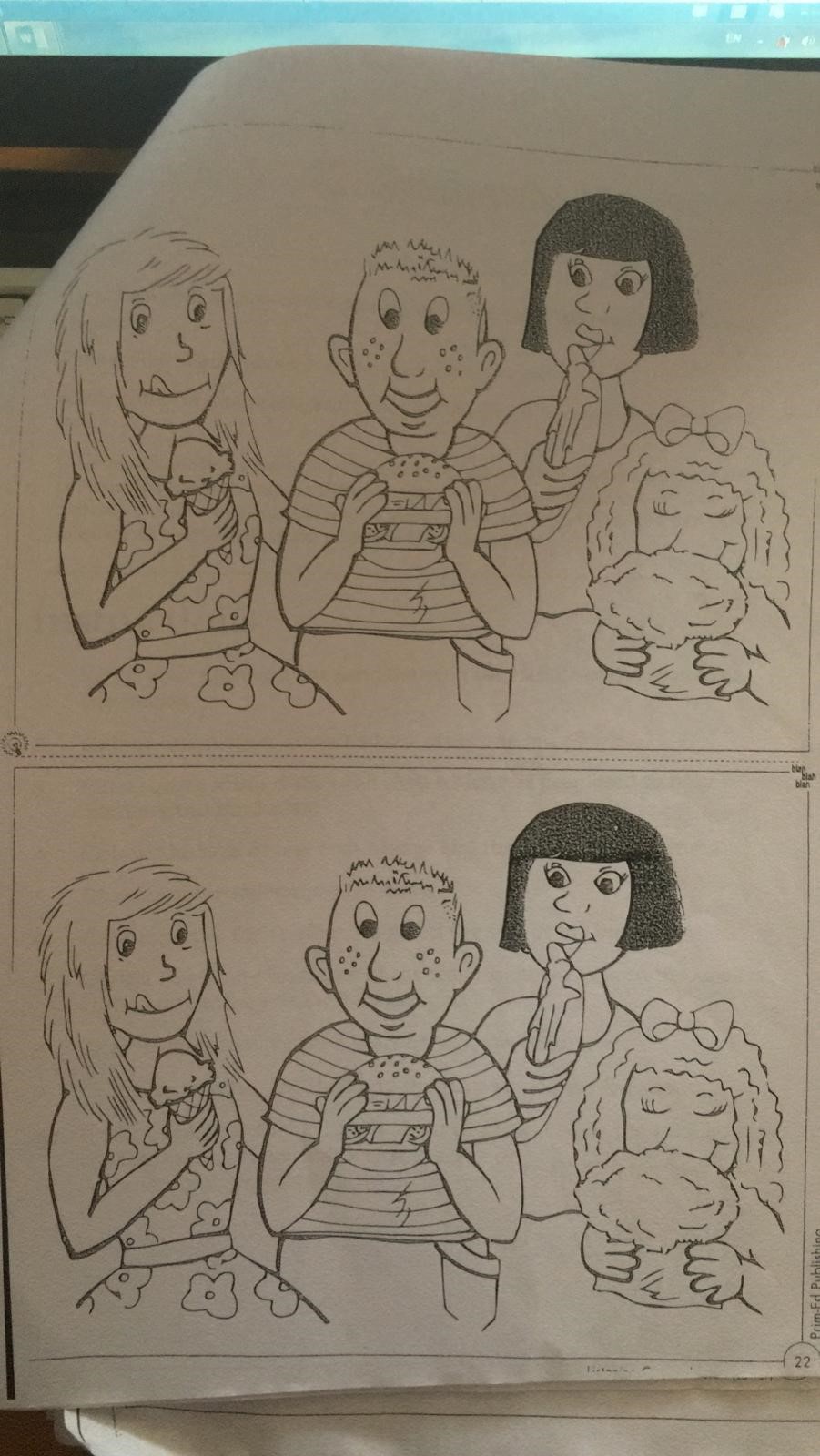
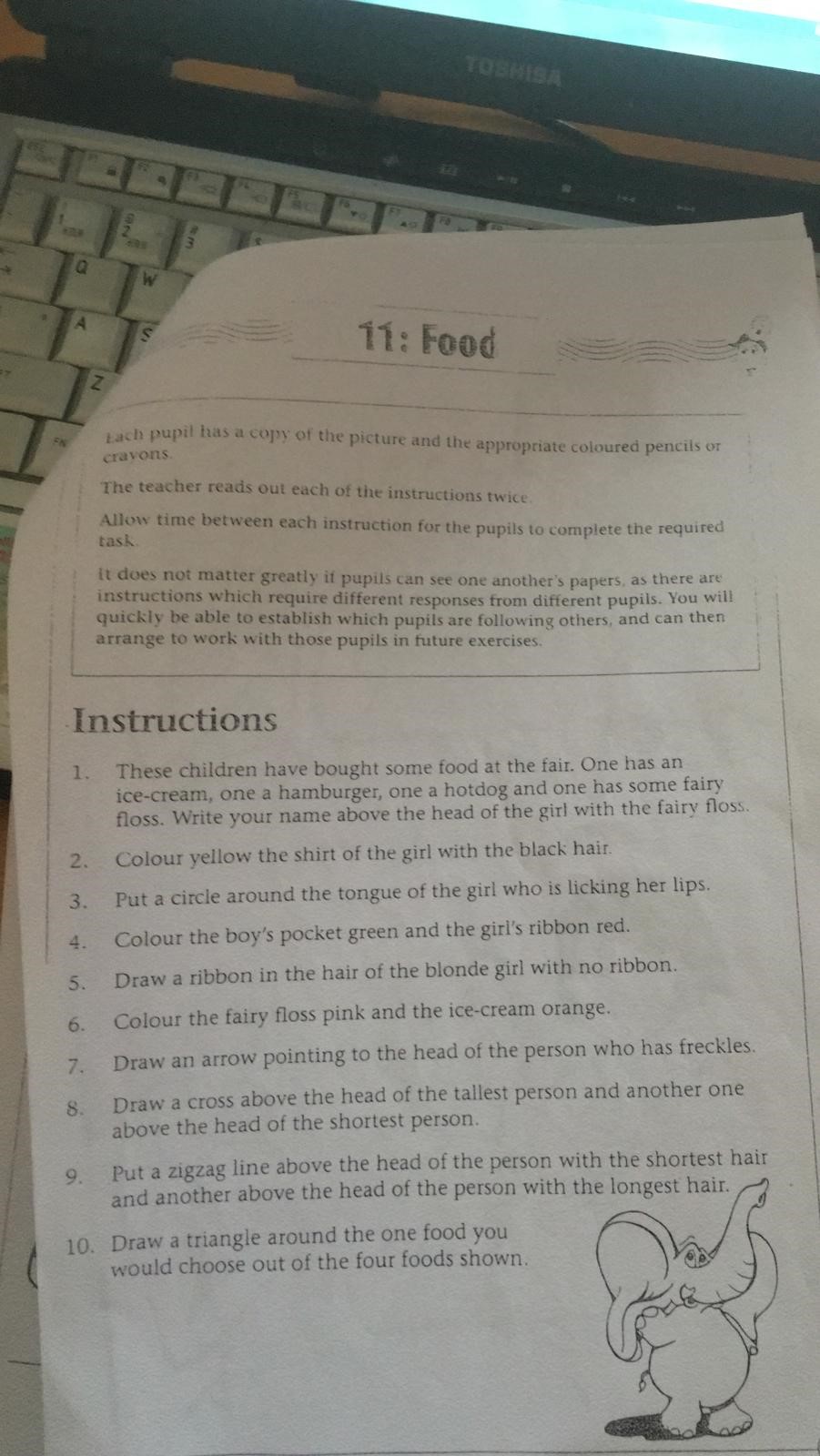
Listening activity and instructions for week 2
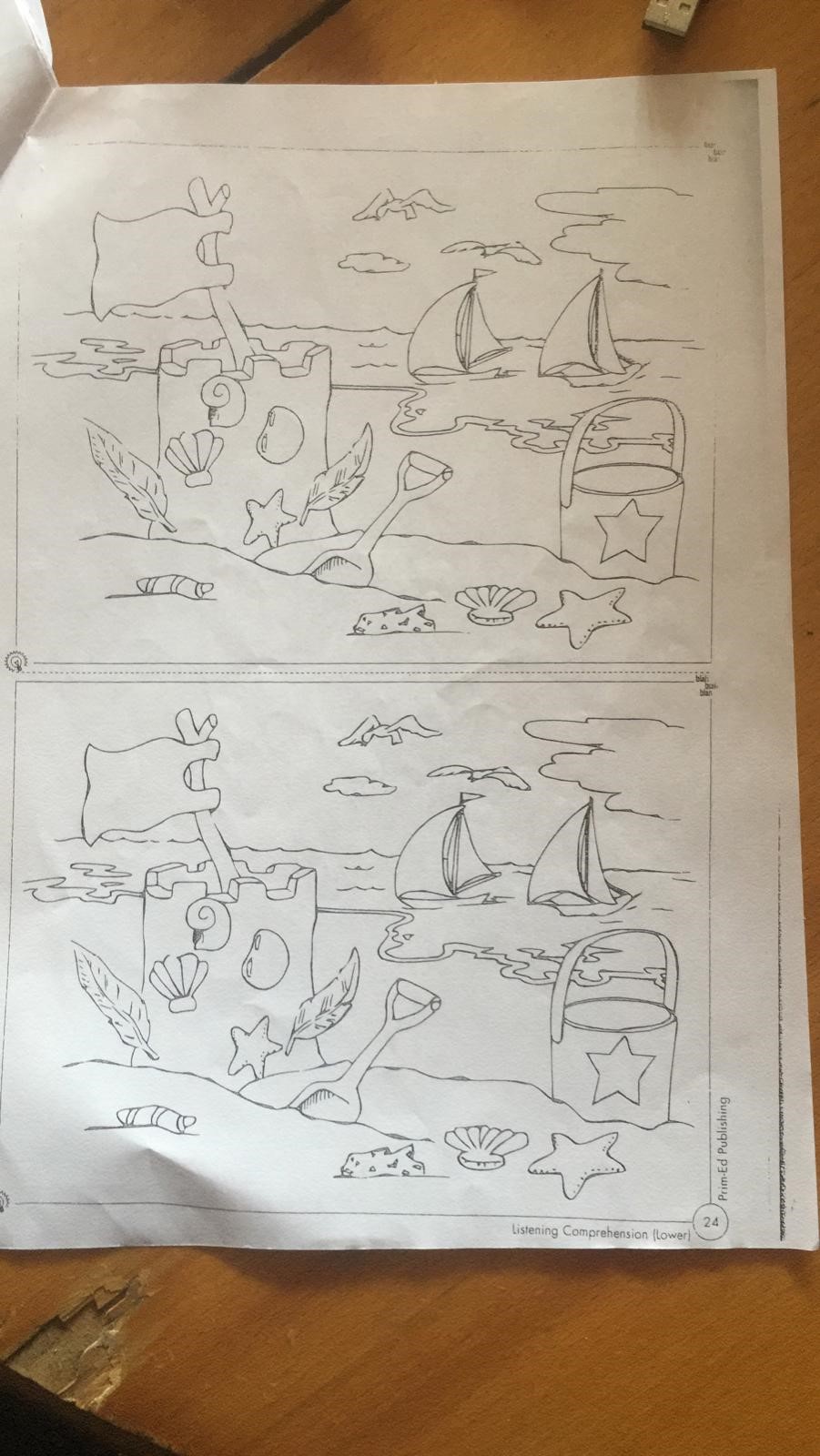
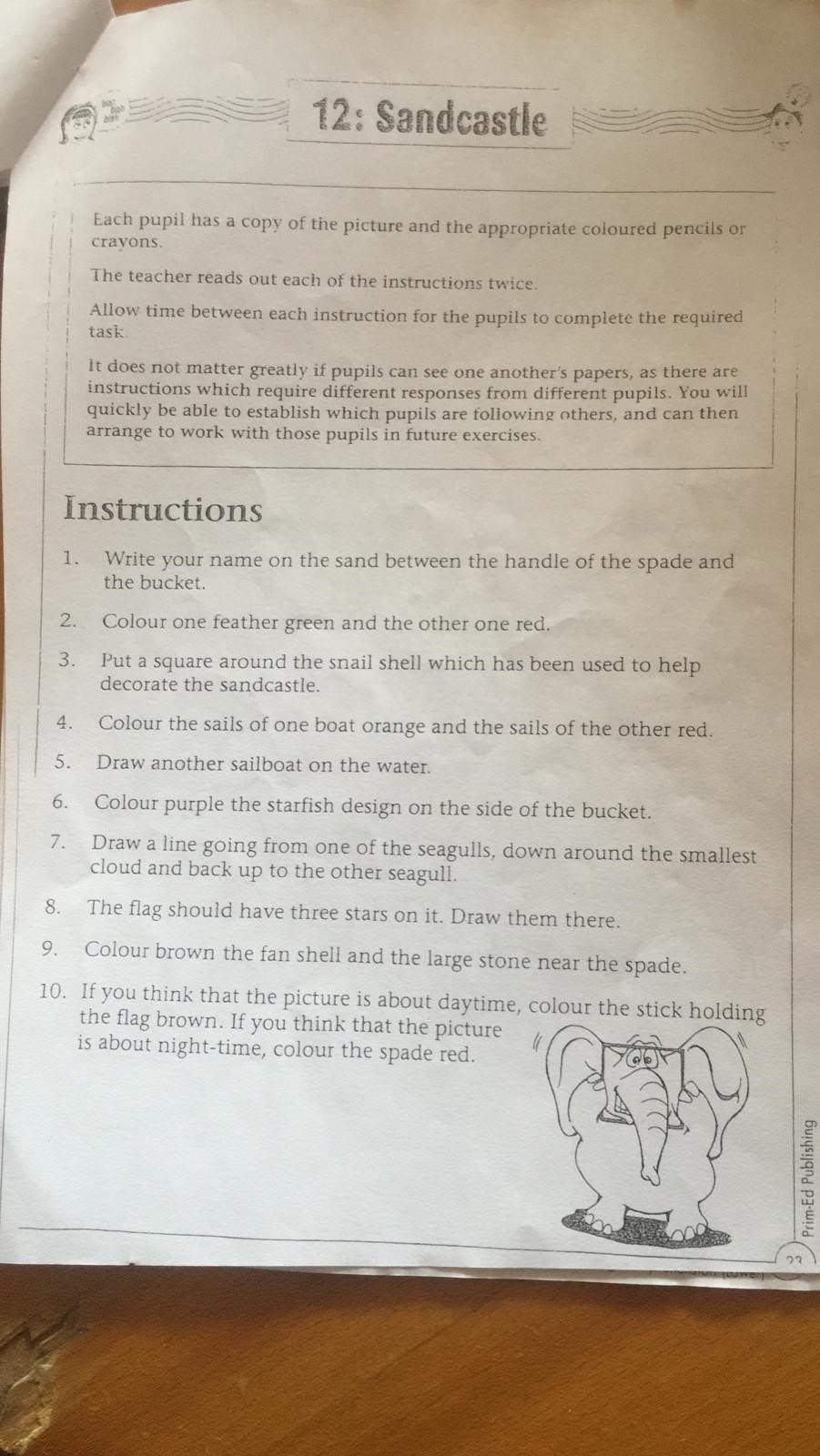
New Story Making activities that can be done at random or with a dice, whatever suits both you and your child.
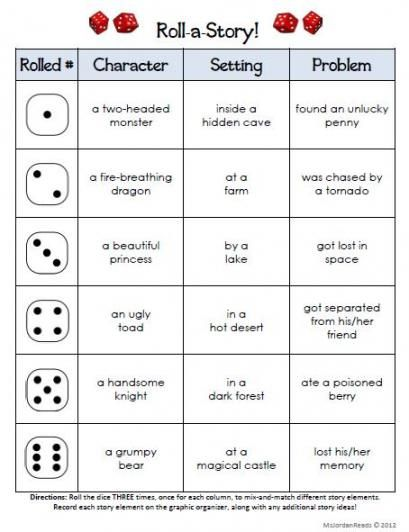
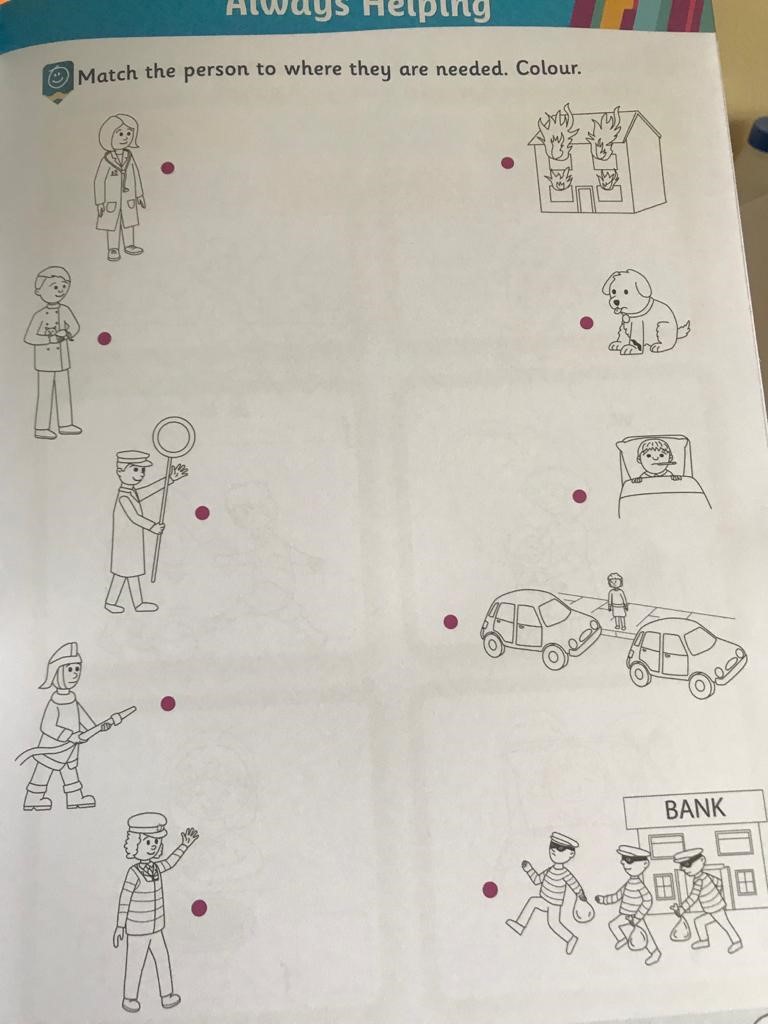
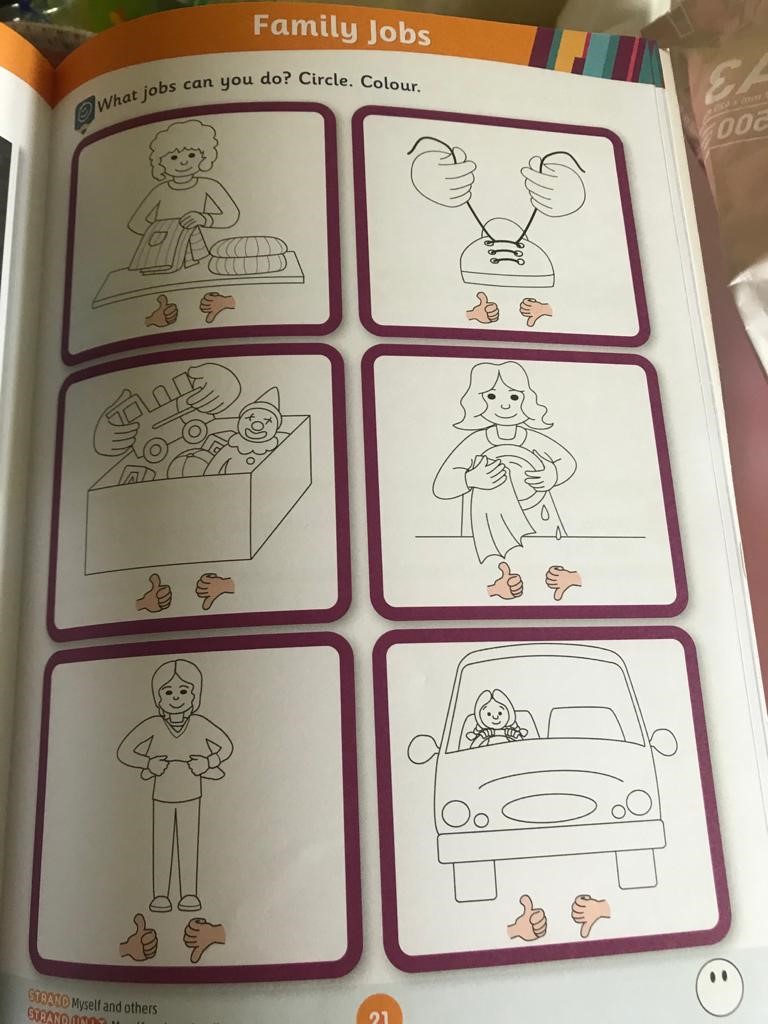
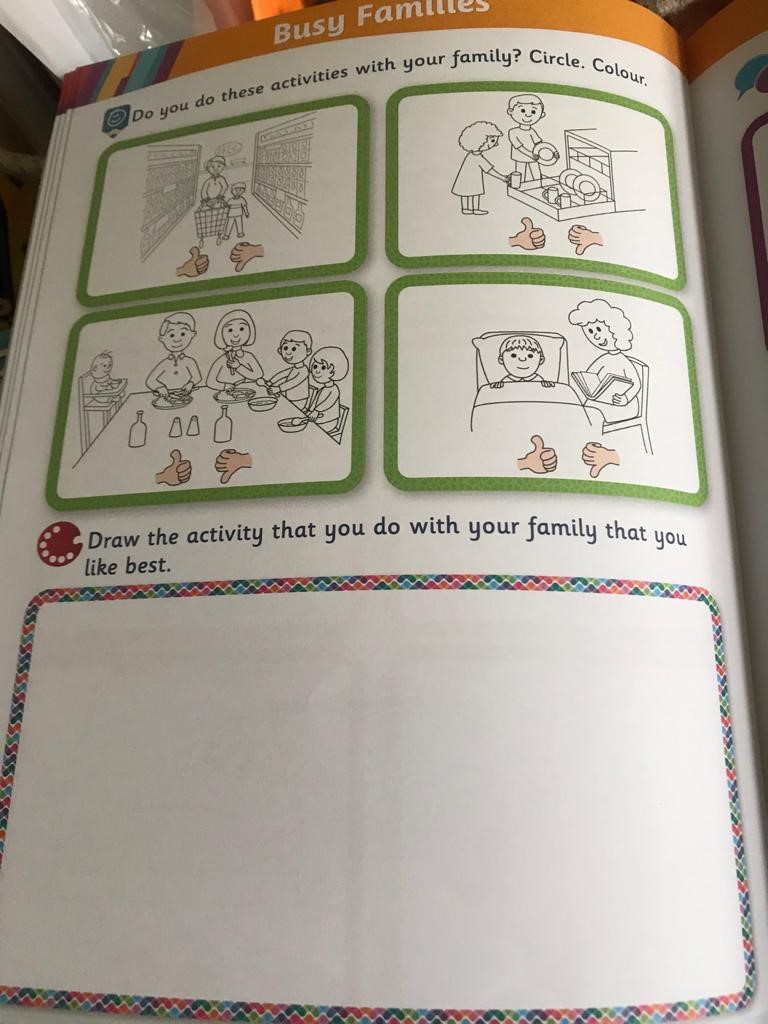
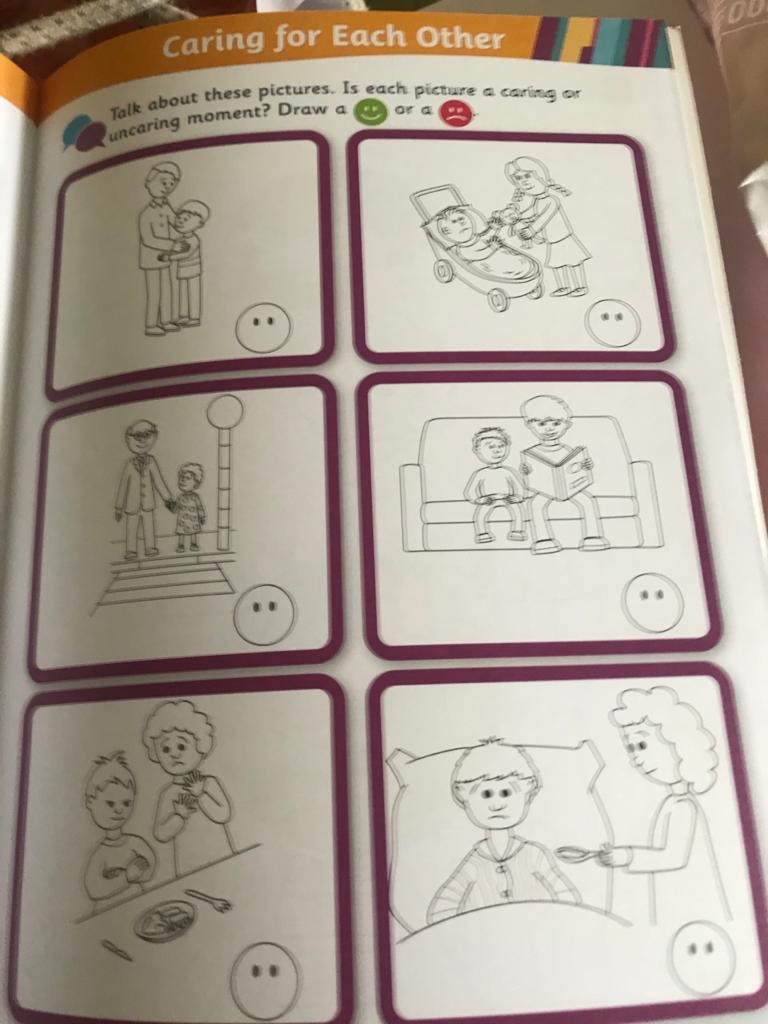
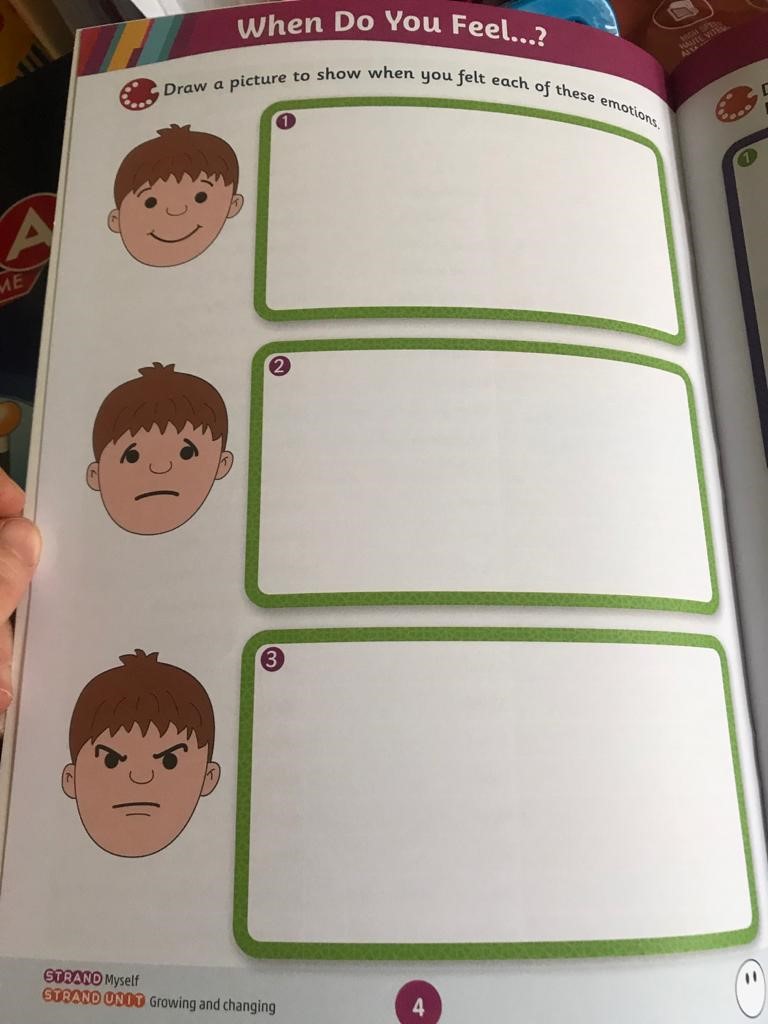
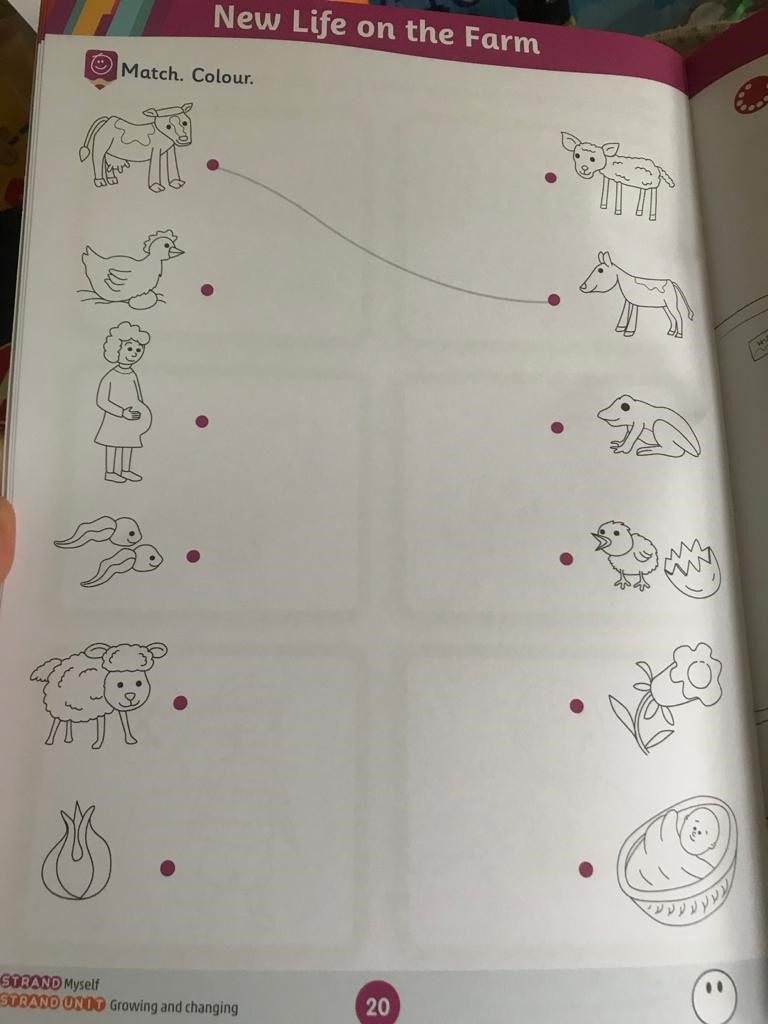
Please find the pictures and descriptions for this task below
